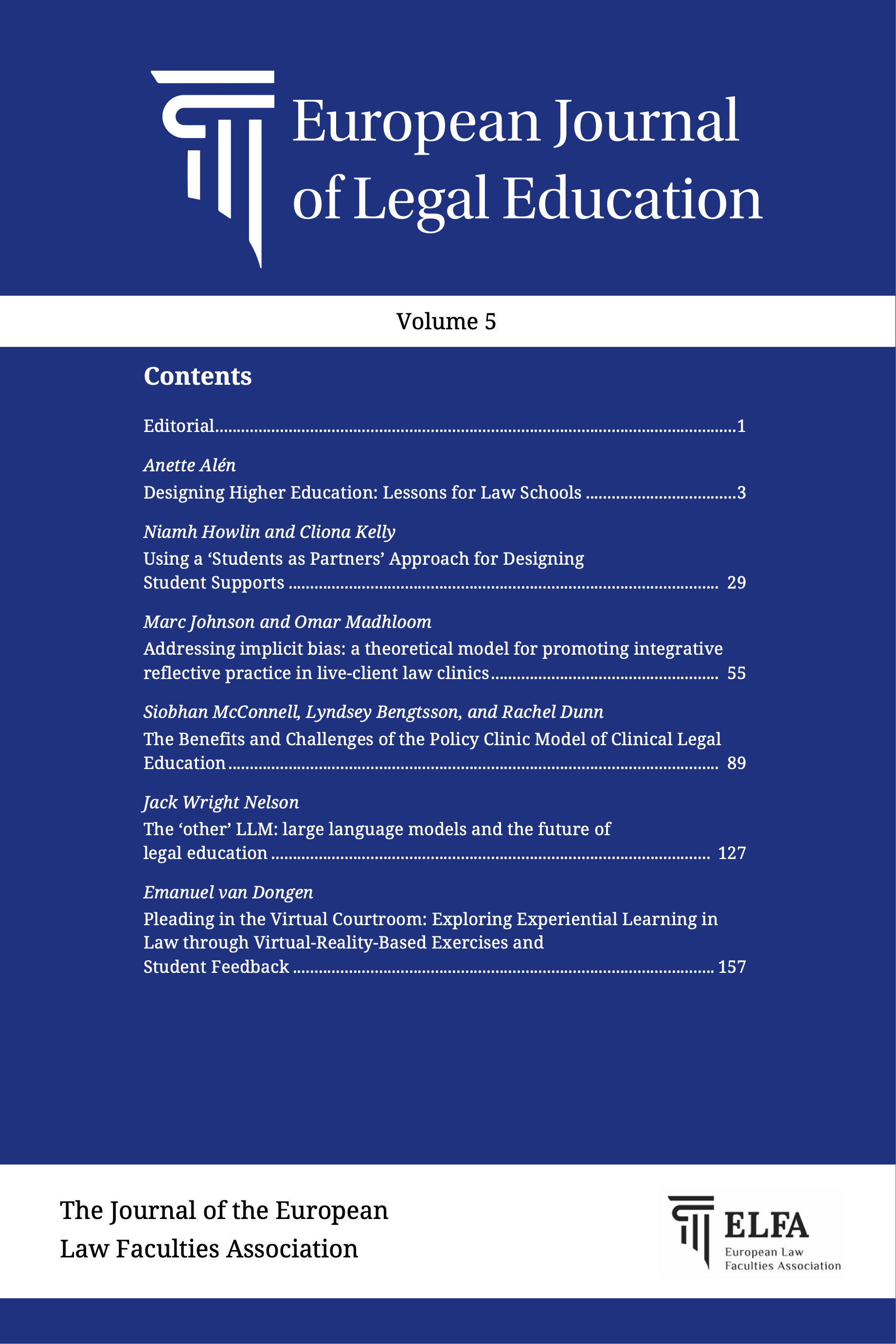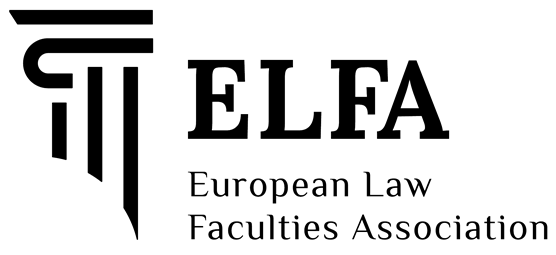Addressing Implicit Bias
A theoretical model for promoting integrative reflective practice in live-client law clinics
Abstract
Despite the proliferation of Clinical Legal Education programmes in England and Wales, such as live-client clinics, legal education and training in England and Wales continues to be predominantly focused on the analysis and application of rules, doctrines, and theories to hypothetical scenarios or essay questions. This form of pedagogy either minimises or ignores the role of the client in terms of supplying lawyers with knowledge pertinent to their case. In other words, it overlooks the fact that the lawyers’ acquisition of knowledge is not confined to technical rationality. This article seeks to achieve three broad aims. First, to contribute to the debate concerning the epistemology of reflective practice. Second, to develop a theoretical reflective cycle, informed by Kant’s transcendental idealism, which seeks maximise knowledge acquisition in legal education, namely knowledge supplied by the client. Third, to address implicit bias using the proposed reflective cycle. An optimal pedagogy for using this cycle is Clinical Legal Education, namely live client clinics.

Copyright (c) 2024 European Journal of Legal Education

This work is licensed under a Creative Commons Attribution-NonCommercial-NoDerivatives 4.0 International License.


